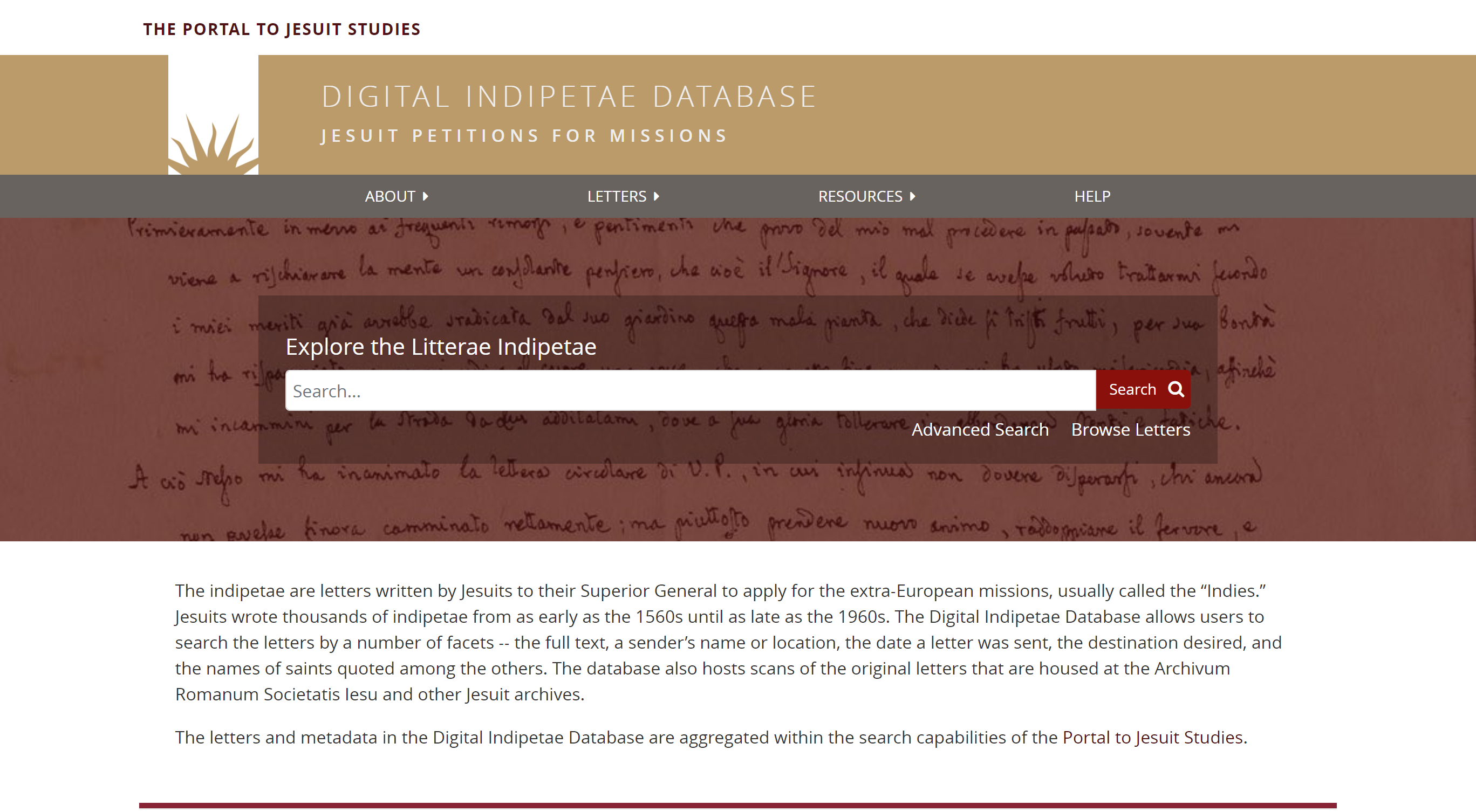“You only torment and upset yourself”: Replies to a Restless Writer at the Turn of the Eighteenth Century, By Elisa Frei
“You only torment and upset yourself”: Replies to a Restless Writer at the Turn of the Eighteenth Century[1] Elisa Frei Institute for Advanced Jesuit Studies Originally published: April 20, 2021 DOI: 10.51238/ISJS.2019.18 Introduction Ignatius of Loyola (c.1491–1556) founded the Society of Jesus in 1540 as an apostolic order, but from the […]

